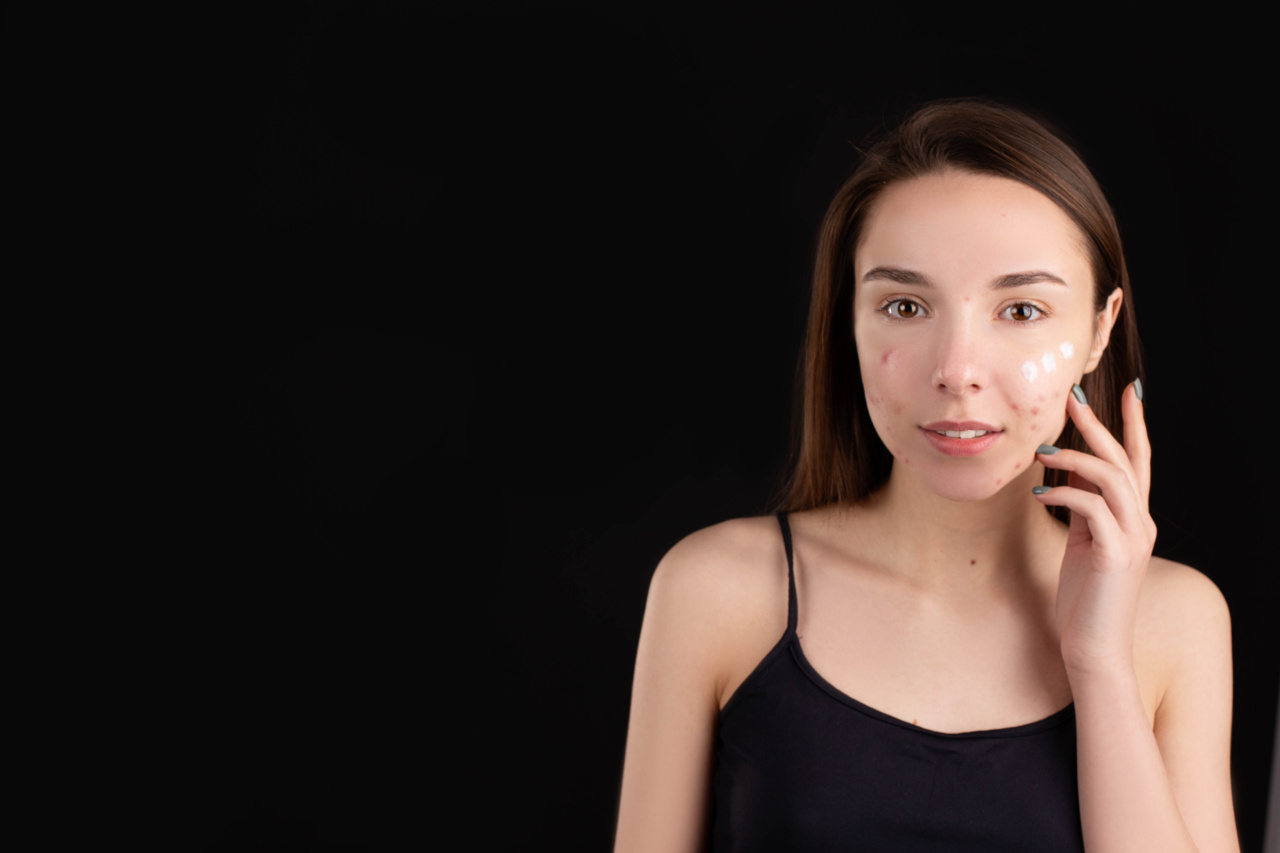Teenage acne is a common skin condition that affects many adolescents. It can be a source of great distress and has the potential to impact self-esteem and confidence.
Understanding the causes, treatment options, and myths surrounding teenage acne is essential for both teenagers and their parents. In this article, we will delve into the truth about teenage acne to provide clarity and guidance on managing this condition.
What is Teenage Acne?
Teenage acne, also known as adolescent acne, is a skin condition characterized by the presence of pimples, blackheads, whiteheads, and sometimes cysts or nodules on the face, neck, chest, back, and shoulders.
It affects both boys and girls during puberty and is primarily triggered by hormonal changes.
The Causes of Teenage Acne
Acne occurs when the hair follicles become clogged with oil and dead skin cells, leading to the formation of pimples and other lesions.
Hormones called androgens, which increase in both boys and girls during puberty, play a significant role in stimulating the production of oil in the skin’s sebaceous glands. Excess oil production, combined with the shedding of dead skin cells, can clog the hair follicles and contribute to the development of acne.
Other factors that contribute to teenage acne include:.
1. Genetics
There is evidence to suggest that the tendency to develop acne can be inherited. If one or both parents had acne during their teenage years, their children are more likely to experience it as well.
2. Poor skincare habits
Not following a proper skincare routine, such as failure to cleanse the skin regularly or using harsh products, can exacerbate acne.
Over-washing or scrubbing the face vigorously can strip the skin of its natural oils, leading to increased oil production and potential irritation.
3. Diet
Although the relationship between diet and acne is still a topic of debate, some studies suggest that certain foods, such as high glycemic index foods (sugary and processed foods), dairy products, and chocolate, may worsen acne in some individuals.
4. Stress
Stress does not directly cause acne, but it can worsen existing acne or trigger flare-ups. Stress hormones can increase inflammation and oil production in the skin, leading to more severe breakouts.
5. Makeup and skincare products
Some makeup and skincare products contain ingredients that can clog pores and worsen acne. Using non-comedogenic (non-pore-clogging) products can help reduce the risk of breakouts.
Treatment Options for Teenage Acne
While teenage acne can be frustrating, there are several treatment options available to manage and control the condition.
It’s important to note that what works for one person may not work for another, so a trial-and-error approach might be necessary to find the most effective treatment.
1. Over-the-counter products
Many products containing ingredients like benzoyl peroxide and salicylic acid are available without a prescription. These topical treatments can help reduce inflammation, unclog pores, and kill bacteria associated with acne breakouts.
It is advisable to start with lower concentrations and gradually increase as tolerated, as these ingredients can cause dryness and irritation.
2. Prescription medications
If over-the-counter products fail to improve acne symptoms, dermatologists may prescribe stronger medications, such as topical retinoids, antibiotic creams, or oral antibiotics.
Oral contraceptives (for females) and isotretinoin, a powerful medication derived from vitamin A, may also be recommended in severe cases or when other treatments have proven ineffective.
3. Dermatological procedures
In some cases, dermatological procedures may be used to manage teenage acne. These procedures include chemical peels, microdermabrasion, light therapy, and extraction of blackheads and whiteheads.
These treatments are typically performed by dermatologists and can help improve the appearance of acne-prone skin.
4. Lifestyle modifications
A holistic approach to acne management includes adopting healthy lifestyle habits.
This includes keeping the skin clean by washing gently with a mild cleanser twice a day, avoiding excessive touching of the face, using oil-free and non-comedogenic skincare products, wearing breathable fabrics, managing stress levels, and following a balanced diet that includes fruits, vegetables, whole grains, and lean proteins.
Myths and Facts About Teenage Acne
With the abundance of information available online, it’s important to differentiate myths from facts when it comes to teenage acne. Let’s debunk some common misconceptions:.
1. Myth: Acne is caused by poor hygiene
Fact: Acne is not caused by dirt or poor hygiene. While it’s important to keep the skin clean, excessive washing or scrubbing can actually worsen acne by stripping the skin’s natural oils and causing irritation.
2. Myth: Acne is only a cosmetic issue
Fact: Acne can have a significant impact on a teenager’s emotional well-being. It is not just a cosmetic concern but can lead to low self-esteem, social withdrawal, and even depression.
Seeking appropriate treatment and support is crucial for overall well-being.
3. Myth: Sun exposure helps clear acne
Fact: While sun exposure can temporarily improve acne symptoms due to its drying effect, it can also lead to long-term skin damage, pigmentation issues, and worsen acne in the long run.
It is important to protect the skin from the sun and not rely on sun exposure as a treatment for acne.
4. Myth: Acne will go away on its own
Fact: Although acne can improve with age, it may not entirely disappear without proper treatment. It is essential to address acne early to prevent scarring and long-term skin damage.
Conclusion
Teenage acne is a common skin condition that can significantly impact the lives of adolescents.
By understanding the causes, treatment options, and debunking common myths surrounding acne, teenagers and their parents can make informed decisions and seek appropriate help and support. With the right treatment and a holistic approach to skincare, it is possible to manage teenage acne effectively, alleviate its physical and emotional effects, and promote healthy, radiant skin.



























